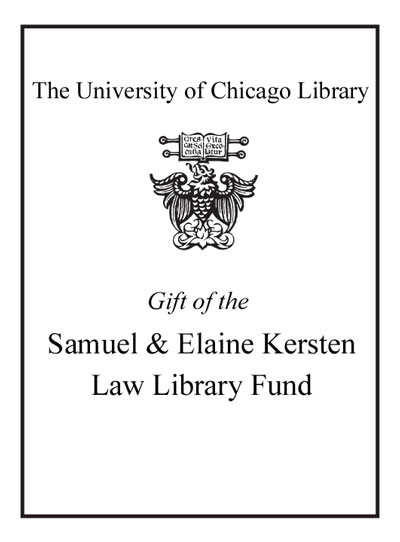Review by Choice Review
Reilly's invaluable study offers a compelling analysis of the historical shortcomings of human rights and their potential for women's human rights. Critics, especially feminists from the global South and poststructuralists, disdain the human rights tradition because of indifference to women in its inherent patriarchy, blindness to violence against women, dominance of Western feminists, top-down, legalistic approach, and prioritization of civil and political rights over economic and social rights. While endorsing these criticisms, Reilly (National Univ. of Ireland, Republic of Ireland) advocates the ongoing transformation of human rights discourse by "cosmopolitan feminism," the dynamic emergence of global, grassroots women's NGOs. The Global Tribunal on Violations of Women's Human Rights organized by such NGOs during the World Conference on Human Rights in 1993 helped achieve the landmark Vienna Declaration--human rights are "indivisible and interdependent and interrelated." Other examples of effective realization of women's human rights include UN conventions (i.e., the Committee on the Elimination of Discrimination against Women's progress in addressing gender-based violence) and resolutions (i.e., Security Council's Resolution 1325 endorsing women's participation in the peace process). Reilly's clear, succinct writing enhances the considerable merits of this landmark book that is essential for libraries and those committed to human rights and feminist projects. Summing Up: Essential. All readership levels. N. N. Haanstad Weber State University
Copyright American Library Association, used with permission.
Review by Choice Review

